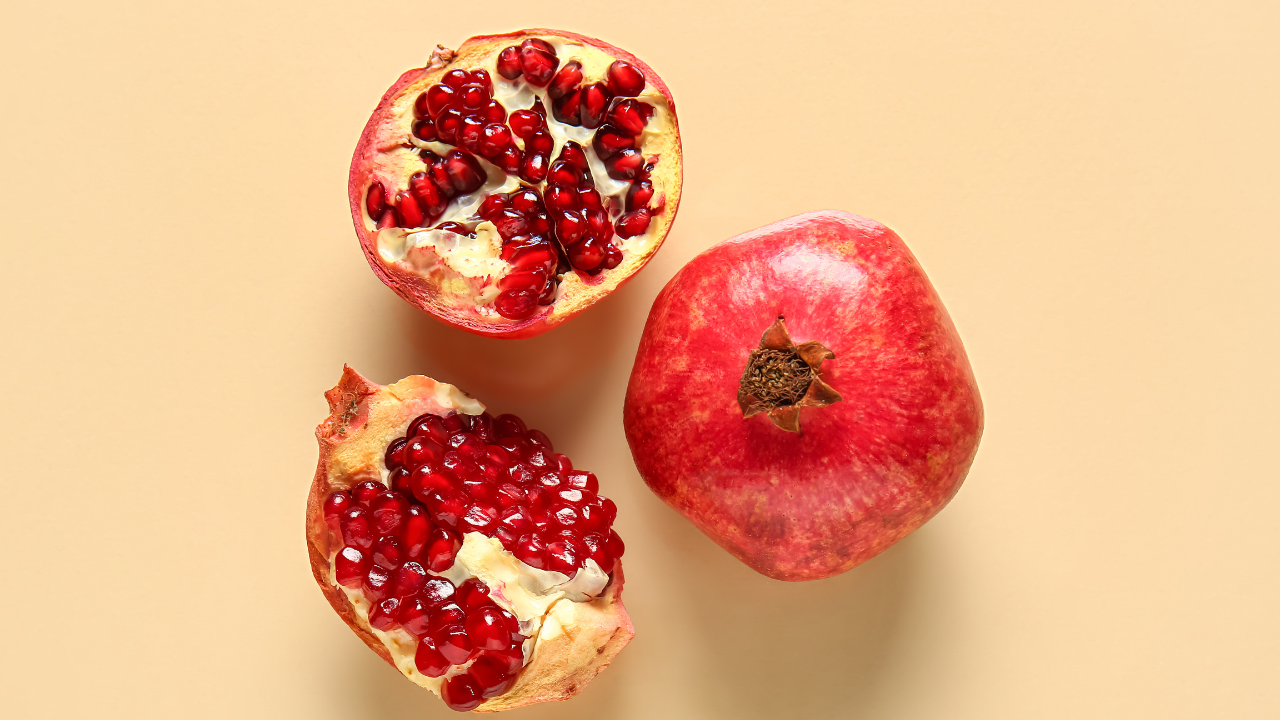Urolithin A VS CoQ10 for Mitochondrial Health

Mitochondrial health is the hottest topic in science right now. Healthy mitochondrial function is crucial for cellular energy production, oxidative stress management, and overall cellular health. Dysfunction in mitochondria has been implicated in various age-related diseases and conditions, including neurodegenerative disorders, cardiovascular diseases, and metabolic disorders. Therefore, compounds like NAD+ precursor vitamins, CoQ10 and Urolithin A that support mitochondrial health have attracted significant interest for their potential to promote healthy aging and mitigate age-related decline.
Two compounds that are often compared and debated are Urolithin A and Coenzyme Q10 (CoQ10). While both are associated with various health-promoting properties, this article aims to shed light on why CoQ10 stands out as a superior choice for individuals seeking to enhance their vitality and support their health.
Understanding Coenzyme Q10:
Coenzyme Q10, often abbreviated as CoQ10, is a naturally occurring compound found in the mitochondria of cells, where it plays a critical role in energy production. It serves as a potent antioxidant, protecting cells from oxidative damage, and supports various physiological functions, including cardiovascular health, immune function, and cellular regeneration. CoQ10 is also involved in the production of adenosine triphosphate (ATP), the primary energy currency of the body.
Benefits of CoQ10:
1. Cardiovascular Support: CoQ10 has been extensively studied for its cardiovascular benefits. It helps maintain healthy blood pressure levels, supports optimal cholesterol profiles, and enhances overall heart function. By promoting efficient energy production in cardiac cells, CoQ10 aids in the maintenance of a healthy cardiovascular system, reducing the risk of heart disease and related complications.
2. Antioxidant Protection: As a powerful antioxidant, CoQ10 scavenges free radicals and prevents oxidative damage to cells and tissues. This antioxidant activity extends beyond the cardiovascular system to benefit various organs and systems throughout the body, including the skin, brain, and immune system. By neutralizing harmful free radicals, CoQ10 helps combat inflammation and supports overall cellular health.
3. Energy Production: CoQ10 plays a crucial role in the mitochondrial electron transport chain, where it facilitates the production of ATP, the energy molecule essential for cellular function. Adequate levels of CoQ10 are necessary for optimal energy metabolism, ensuring that cells have the energy they need to perform their diverse functions efficiently. Supplementing with CoQ10 can help enhance energy levels, reduce fatigue, and support physical performance.
4. Age-related Health Concerns: As individuals age, natural CoQ10 levels tend to decline, which can compromise various aspects of health and contribute to age-related conditions. Supplementing with CoQ10 has been shown to support healthy aging by promoting mitochondrial function, protecting against oxidative stress, and maintaining overall vitality. Additionally, CoQ10 may offer neuroprotective benefits, supporting cognitive function and brain health as we age.
What is Urolithin A?
Urolithin A is a metabolite produced by the gut microbiota from ellagitannins, which are polyphenolic compounds found in certain foods, particularly fruits like pomegranates, strawberries, raspberries, and nuts. When these foods are consumed, ellagitannins are broken down by gut bacteria into urolithins, with urolithin A being one of the primary metabolites.
Urolithin A has garnered considerable attention in recent years due to its potential health benefits, particularly its role in mitochondrial health and cellular rejuvenation. Research suggests that urolithin A may activate a cellular process called mitophagy, which is the selective degradation of damaged or dysfunctional mitochondria. By promoting mitophagy, urolithin A helps remove old or defective mitochondria, leading to the generation of new, healthy mitochondria.
Comparative Advantage of CoQ10 over Urolithin A:
While Urolithin A has garnered attention for its potential health benefits, including its role in mitochondrial biogenesis and cellular rejuvenation, Coenzyme Q10 possesses several distinct advantages that make it a superior choice for promoting overall health and vitality.
1. Established Research: CoQ10 has been extensively researched for decades, with numerous clinical studies supporting its efficacy and safety across a wide range of health conditions. The robust body of evidence surrounding CoQ10 provides a solid foundation for its use as a therapeutic supplement, whereas research on Urolithin A is still relatively limited in comparison.
2. Versatility: CoQ10 exerts multifaceted effects on health, benefiting not only cardiovascular function but also immune health, energy metabolism, and antioxidant defense. Its broad spectrum of actions makes it a versatile supplement that can address multiple health concerns simultaneously, whereas Urolithin A's effects are primarily focused on mitochondrial function.
3. Bioavailability: CoQ10 supplements are available in various forms, including ubiquinone and ubiquinol, with enhanced bioavailability for optimal absorption and utilization by the body. In contrast, the bioavailability of Urolithin A may be limited, requiring higher doses or specialized formulations to achieve therapeutic effects.
In the ongoing quest for health and vitality, Coenzyme Q10 emerges as a standout choice among dietary supplements. With its well-established benefits for cardiovascular health, antioxidant protection, energy production, and age-related concerns, CoQ10 offers a comprehensive approach to supporting overall well-being. While Urolithin A holds promise as a novel compound with potential mitochondrial benefits, CoQ10's extensive research, versatility, and superior bioavailability make it a preferred option for individuals seeking to optimize their health and vitality at any age.






